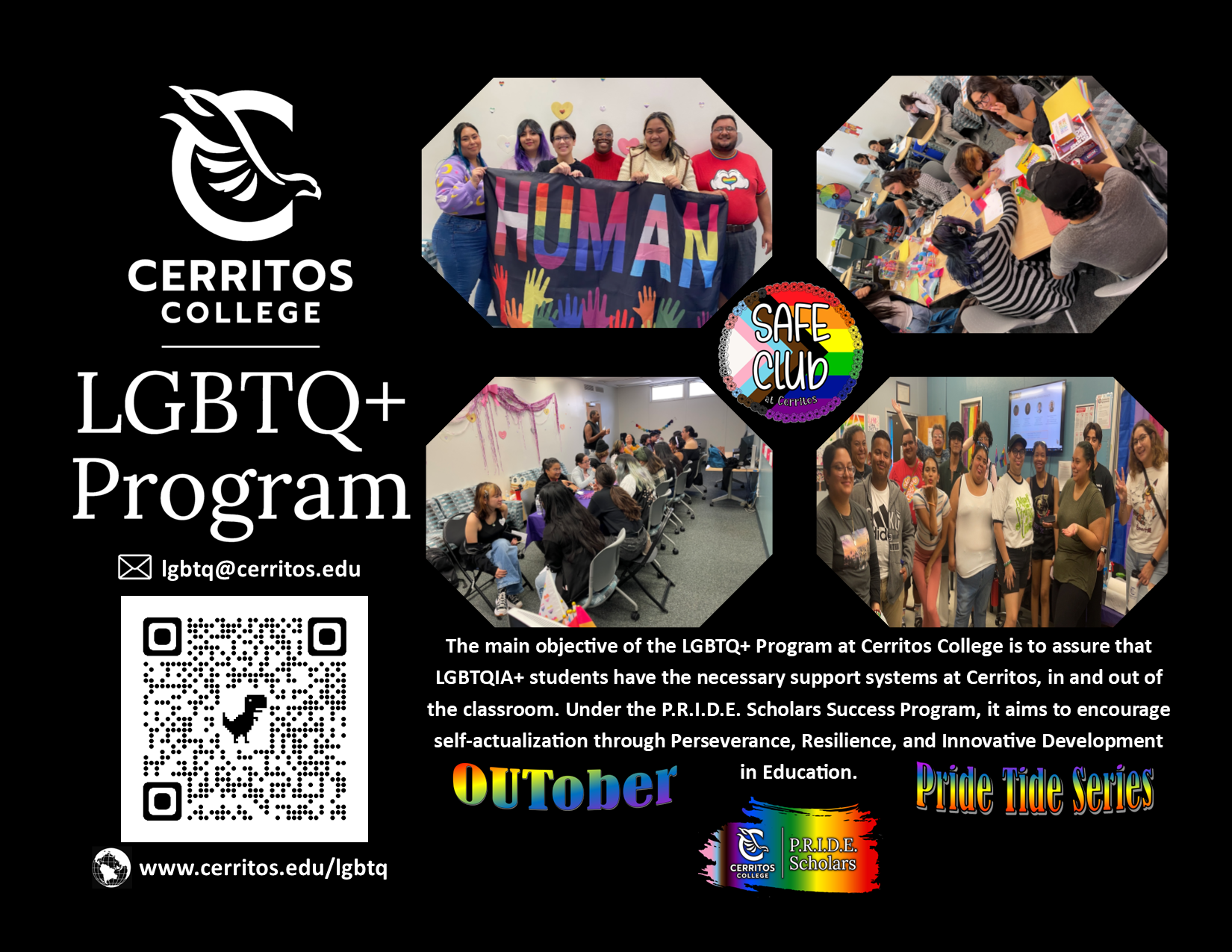Everybody knows that when it comes to food, organic is better, right?
Well, I wanted to play devil’s advocate and looked into the popular trend of organic farming being embraced by people across the world as an alternative to modern farming techniques.
I now believe that organic farming is just a fad whose followers base their views on very romantic environmentalist ideals and not fact.
Nobel Prize-winning agricultural scientist Norman Borlaug is one of the most seemingly unlikely opponent to organic food growing but he openly opposes it anyway.
He states that organic food is not efficient enough to sustain the population.
“You couldn’t feed more than four billion people,” he says.
If you’re for organic food being adopted by the world, you’re unknowingly for a form of population control called starvation.
Organic foods need more than twice the area of genetically modified foods to grow. They also end up producing food way slower and are at the mercy of food having to be in season.
Scientific tests have proven that organic food doesn’t necessarily taste better, doesn’t have more nutrients, and isn’t any safer.
A recent comparative study from the University of Minnesota testing both organic and genetically grown foods actually proved that organic food had more human damaging contaminants than genically modified food grown using modern techniques.
Ecoli was found on 9.7 percent of organic foods tested while only 1.6 percent of conventionally-grown foods tested possitive. Salmonella was also only found on organic samples of food and not conventionally grown foods.
Organic foods being grown so natuarally are very susceptible to fecal waste because of all the natural fertiliizers among other things.
If that doesn’t leave a bad taste in your mouth maybe Penn and Teller could assist you.
The two magicians turned comedians even had an episode of their program on Showtime spotlight organic foods where they included field taste tests.
They set up head-to-head blind taste tests between organic and conventionally grown fruits and vegetables and the conventionally-grown food won almost every time.
People who favor organic food purely for the taste are likely subconsiously choosing what they think is more eco-friendly over conventional produce.
Even with all of this evidence, organic foods is still pursued mainly by well-meaning “green groups” that lack factual evidence.
The problem with this is that the groups have possibly already been responsible for some deaths in Africa, yes… deaths.
Pressure from green groups and the propoganda they spread have been used to try to keep Africa free from bio-technology, a form of inorganic gene modification used to strengthen produce.
This actually made African officials turn down inorganic food aid from the U.S. during a recent drought in Zambia.
This left tons of food to rot in warehouses while Africans continued to starve.
Although the organic movement seems like a fine idea on the surface, we as Americans need to realize that not everyone has the luxury to choose how their produce is grown.
We must stop seeing organic farming as the best form of food production for everyone because some people don’t have the ability to be wasteful and vain.










